Related Research Articles
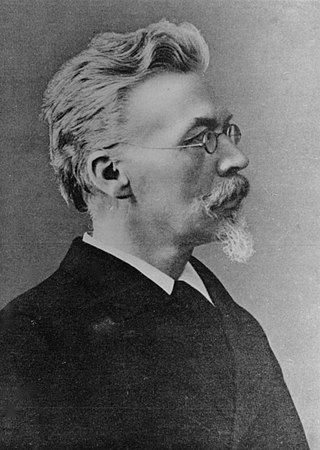
Gerardus Heymans was a Dutch philosopher and psychologist. From 1890 to 1927, he worked as a professor of philosophy at the University of Groningen (UG). He also served as rector magnificus (president) of the UG in the academic year 1908–1909. Heymans is one of the most influential philosophers of the Netherlands and the pioneer of Dutch psychology. The establishment of his psychological laboratory marked the start of experimental psychology in the Netherlands.
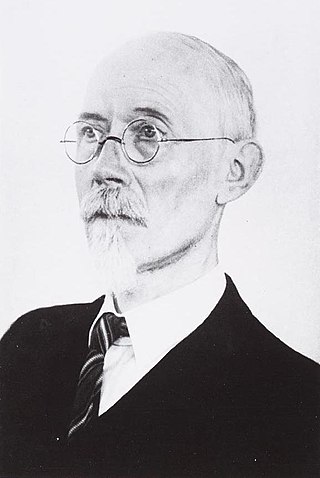
Antonie "Anton" Pannekoek was a Dutch astronomer, historian, philosopher, Marxist theorist, and socialist revolutionary. He was one of the main theorists of council communism.
Isaac Beeckman was a Dutch philosopher and scientist, who, through his studies and contact with leading natural philosophers, may have "virtually given birth to modern atomism".

Eduard Jan Dijksterhuis was a Dutch historian of science.

Jan Boerstoel is a Dutch writer and poet who is perhaps best known for his song texts, especially for cabaret. He lives in Amsterdam. His poetry is melancholy, but often humorous as well. In his songs, Boerstoel frequently criticizes society. Many of his lyrics have been used by well-known Dutch artists such as Karin Bloemen, Martine Bijl and Youp van 't Hek.
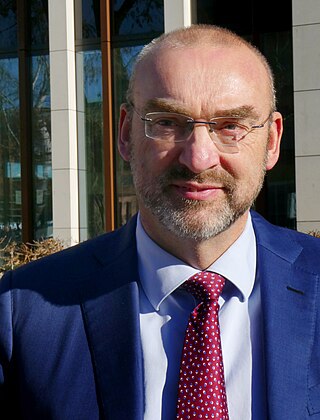
Roelof (Roel) Kuiper is a Dutch historian, philosopher, ideologue, politician and university professor. He was from 2007 to 2019 a member of the Dutch Senate, and is professor of Reformational philosophy at the Erasmus Universiteit Rotterdam in the name of the Association for Reformational philosophy, teaching Society Issues at the Christelijke Hogeschool Ede and Gereformeerde Hogeschool Zwolle and Political and social philosophy at the Vrije Universiteit Amsterdam (VU).

Franklin Rudolf Ankersmit is professor of intellectual history and historical theory at the University of Groningen.

Henk Wesseling was a Dutch historian. He was a professor of contemporary history at Leiden University, former rector of the Netherlands Institute for Advanced Study between 1995 and 2002.
Hans T. Bakker is a cultural historian and Indologist, who has served as the Professor of the History of Hinduism and Jan Gonda Chair at the University of Groningen. He worked in the British Museum as a researcher in the project "Beyond Boundaries: Religion, Region, Language and the State".

Arie Theodorus van Deursen was a Dutch historian whose focus was the early modern period. He was Professor Emeritus of History at the Vrije Universiteit in Amsterdam. He was a specialist in Dutch history of the 16th and 17th century.

Meindert Fennema was a Dutch political scientist and Emeritus Professor of political science, who was attached to the Department of Political Science and the Institute for Migration and Ethnic Studies of the University of Amsterdam, where he held the chair on Political Theory of Ethnic Relations.

Remieg A. M. Aerts is a Dutch historian and Professor of Dutch History at University of Amsterdam.
Henk Schulte Nordholt was an art history professor and scholar from the Netherlands. He studied German language and literature, history, and art history at the University of Amsterdam from 1932 until 1939 and then taught German and history at the Rijnlands Lyceum in Wassenaar. He earned a doctorate under Jan Romein (1893-1962) in 1948 from the University of Amsterdam and wrote a historiography of the Renaissance. He admired Jacob Burckhardt.
Hans Renders is a professor of history and biography theory at the University of Groningen. Since 2004, he is also the head of the university's "Biography Institute".
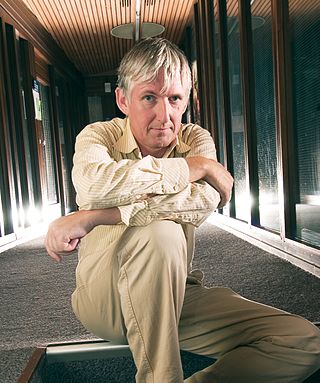
Jan Luiten van Zanden is a Dutch economic historian and professor of Global Economic History at Utrecht University. He is a widely acknowledged specialist in Dutch, European and Global Economic History.

Bertha "Betsy" Bakker-Nort was a Dutch lawyer and politician who served as a member of the House of Representatives for the Free-thinking Democratic League (VDB) from 1922 to 1942.
Louis (Wiep) van Bunge is a Dutch historian of philosophy. He has published mainly on the early Enlightenment in the Netherlands, on Spinoza and on his influence on other thinkers.
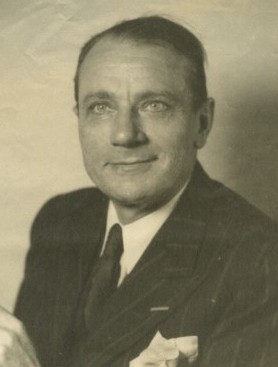
George Antoon Philip Weijer (1891-1979) was a business representative in colonial Indonesia, an economics professor at the University of Utrecht, and a government advisor and company director in the Netherlands.

The Democratic Party was a left liberal political party in the Netherlands. It was founded in 1921 by Jan Ernst Heeres when the Liberal Union, of which he was president, failed to merge with the Free-thinking Democratic League (VDB), and instead merged with the more conservative League of Free Liberals and Economic League.
Pieter van Os is a Dutch writer and journalist. His published works include non-fiction books on a wide variety of subjects, including religion, war, political journalism, art and football. In 2020, he won the Brusse Prize for best journalistic book in the Dutch language with Liever dier dan mens, a book translated into English as: Hiding in Plain Sight: How a Jewish girl survived Europe’s heart of darkness. For the same book, Van Os won the prestigious Dutch Libris History Prize. Liever dier dan mens is the only book ever to have been awarded both prizes.
References
- ↑ van der Wall, Ernestine GE. "Newtonianism and religion in the Netherlands." Studies in History and Philosophy of Science Part A 35.3 (2004): 493-514.
- ↑ Hakfoort, Casper. "The missing syntheses in the historiography of science." History of science 29.2 (1991): 207-16.
- ↑ Jacob, Margaret C. The first knowledge economy: human capital and the European economy, 1750–1850. Cambridge University Press, 2013.
- ↑ McAllister, James W. "Philosophy of science in The Netherlands." International Studies in the Philosophy of Science 11.2 (1997): 191-204.
- ↑ "Klaas van Berkel" (in Dutch). Royal Netherlands Academy of Arts and Sciences. Archived from the original on 14 December 2021. Retrieved 1 July 2015.